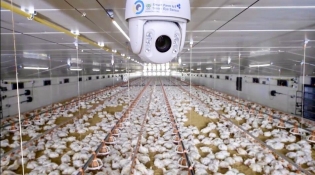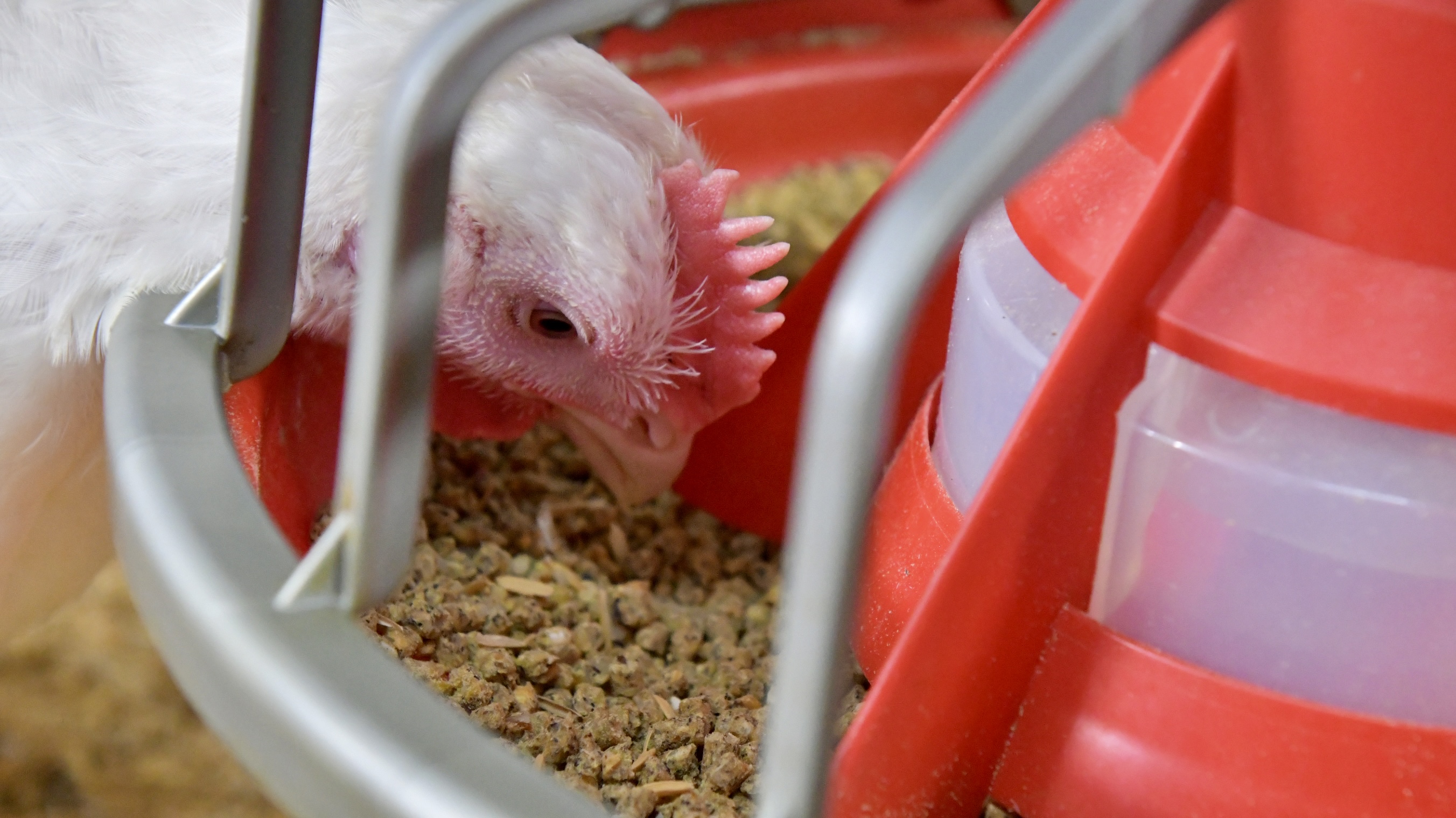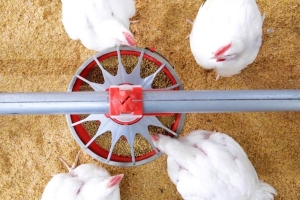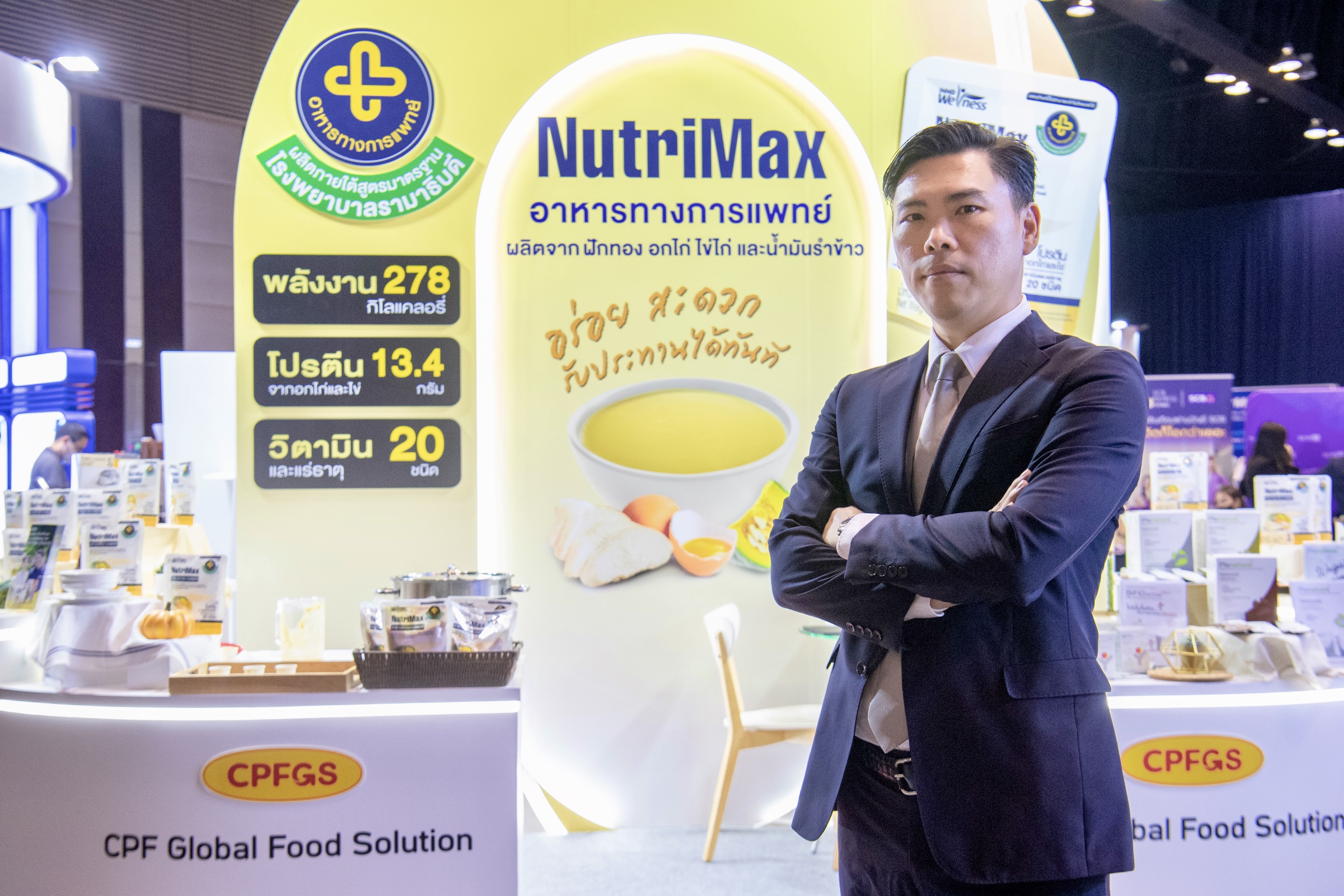

“According to the research from China, COVID-19 cannot be transmitted to farmed animals like pig, chicken and duck,” says Prof. Dr. Yong Poovorawan, Head of the Center of Excellence in Clinical Virology at the Faculty of Medicine at Chulalongkorn University.
He added that felidae such as cats and tigers can catch the virus. However, there has no proven link between pets and COVID-19 infection in human.
The Thai well-known virologist suggested consumers to avoid eating foods that are not fully cooked to minimize the risk. Such COVID-19 virus can also be killed if the meat is cooked at proper temperatures.
Despite no evidence of animal-to-human transmission, food producers still need to implement stringent health and safety measures, especially on personal hygiene. Wearing facemask and washing hands frequently should be compulsory at work to keep both workers and consumers safe from viral droplets expelled in coughs and sneezes.
Most importantly, workers who display symptoms of the coronavirus must leave site immediately. If the worker is found sick, other colleagues who work in the same production line area or contacted with the sick person are needed to have self-quarantine practice for 14 days.
Dr. Yong recommended that the infected area must be closed for a day and cleaned with chlorine or alcohol-based sanitization. However, it is not necessary to shut down the entire plant.
“What we fear the most is a transmission in plants or any high-density areas. Therefore, stringent measurements, focusing on Social Distancing and Physical Distancing, are necessary. Large gathering in workplace, especially during shift rotation, shall be avoided,” he said, pointing that “If anyone is found sick, the rest of them must be in quarantine. Consequently, there will be less manpower in the production line.”
He stresses that food producers need a clear response plan to ensure that production line will not be disrupted. Each shift should be completely separated to avoid mass infection.
Moreover, workers must be prepared to follow the guidance. In case of outbreak, the new team must be able to fill up people in quarantine immediately since it is impossible to shut down a production for 14 days.
He emphasizes that the importance of controlling respiratory illnesses during rainy season as the seasonal of cold. The higher number of respiratory infections means it will be more complicate to diagnose the coronavirus. The hospitals must run a number of tests to separate between a common cold with COVID-19.
“Thai people must keep the discipline and follow government’s health and safety recommendations, such as eating cooked foods, wearing face mask, and maintaining social and physical distancing. If 90% of us are following these practices, the damage, on both human life and economy, will be significantly less than in the western countries.” he remarked.
Tag:
#AnimalWelfare








